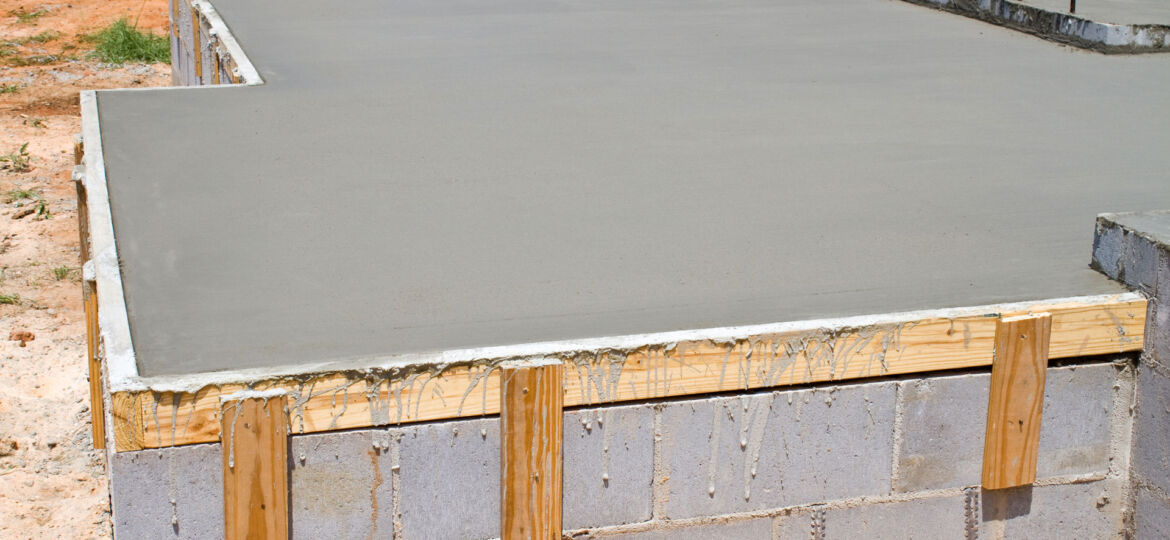
When you mix water and cement, it begins a chemical reaction. The major compounds in cement bond with water molecules. This process is called hydration. The process of hydration typically releases energy in the form of heat. This is called an exothermic reaction. The amount of heat generated is predictable and considerable.
Time and Temperature with Concrete
The Portland Cement Association (located in Illinois, by the way, not Oregon) estimates that for every 100 pounds of cement, the concrete’s temperature during curing rises 10 to 15 degrees. The ideal temperature for curing concrete is about 50 to 90 degrees Fahrenheit, so cooling or warming measures might be needed to keep the concrete within that range. To control the temperature, some companies use insulation on the outside of the slab during the winter or spray the slab with water during the summer to keep curing temperatures within acceptable levels.
As it sets, the concrete spikes in temperature from the hydration process during the first few days, then the temperature decreases gradually over the course of 2 weeks. Different mixtures within the cement, the amount of water, and ambient temperature all come into play when determining how long your concrete generates heat. Patience with concrete is definitely a virtue. While you could take measures to cool your concrete more quickly, you risk heavy cracks or weakening the final product.
Besides the changes that take place during the curing process, concrete also expands and contracts when exposed to significant changes in temperature. That’s one of the reasons for planned segment breaks in concrete sidewalks and other structures. When it’s hardened and set, concrete is a strong, durable material that can typically endure this seasonal expansion and contraction.
Protect Your Concrete
Even so, it’s clear that it takes a lot of time, effort, and thought to place a concrete slab properly – not to mention funds. No doubt you see the importance of keeping that investment from being compromised, so you want to take care of it. The best way to do so is with epoxy coatings from West Coast Epoxy. Applying epoxy coatings reinforces your concrete with a strong, resistant barrier. It protects your concrete from gouges, scrapes, and corrosion. It also adds appeal with customizable appearances, optional features like coved flooring and non-slip finishes.
Epoxy coatings might not be a hot commodity, but they’re a cool investment in making sure spills, gases, or chemicals never compromise your concrete. They can also improve the value of your home or business! To learn more about epoxy coatings, look though our website, including a gallery of finished projects and descriptions on other improvements for your concrete. When you are ready, give our office a call or schedule a free on-site consultation.

